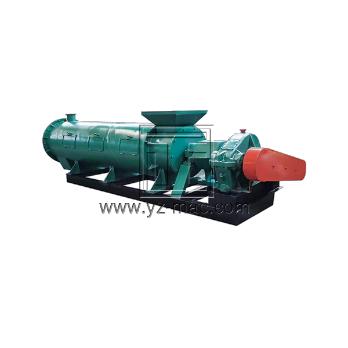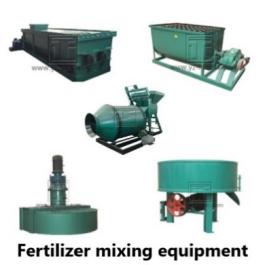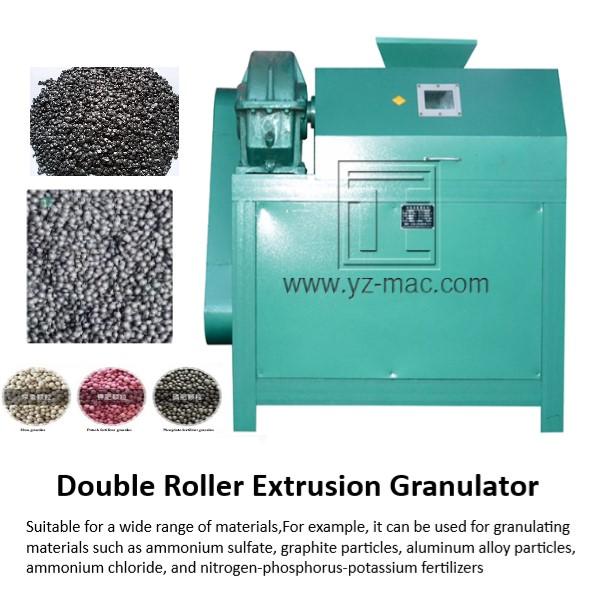Fertilizer granules making machine
A fertilizer granules making machine is a specialized equipment designed to convert various raw materials into uniform and granular fertilizer particles. This machine plays a crucial role in the fertilizer production process, allowing for efficient and consistent production of high-quality fertilizer granules.
Benefits of a Fertilizer Granules Making Machine:
Improved Fertilizer Quality: A fertilizer granules making machine ensures the production of uniform and well-formed granules. The machine compresses and shapes the raw materials, resulting in granules that have consistent size, shape, and nutrient distribution. This leads to improved fertilizer quality and effectiveness in delivering nutrients to plants.
Enhanced Nutrient Release: The granulation process of a fertilizer granules making machine allows for the controlled release of nutrients. The granules are designed to break down slowly, providing a steady supply of nutrients over an extended period. This promotes optimal nutrient uptake by plants, reducing nutrient loss and maximizing the efficiency of fertilizer application.
Customizable Formulations: Fertilizer granules making machines offer flexibility in formulating custom blends. By adjusting the composition and ratio of raw materials, it is possible to create granules with specific nutrient profiles tailored to the needs of different crops and soil conditions. This allows for precise fertilization and targeted nutrient delivery.
Efficient Handling and Application: Granular fertilizers produced by a fertilizer granules making machine are easy to handle, transport, and apply. The uniform size and shape of the granules ensure consistent spreading and reduce the risk of clogging in fertilizer spreaders and application equipment. This results in improved operational efficiency and accurate fertilizer application.
Working Principle of a Fertilizer Granules Making Machine:
A fertilizer granules making machine utilizes a granulation process to convert raw materials into granular fertilizer particles. The machine typically consists of a granulation chamber, mixing or agglomeration mechanism, and a shaping or pelletizing system. The raw materials are mixed and moistened to achieve proper consistency, then agglomerated and shaped into granules of desired size and form. The granules are then dried and cooled to obtain the final product.
Applications of Fertilizer Granules Making Machines:
Agricultural Fertilizer Production: Fertilizer granules making machines are extensively used in the production of agricultural fertilizers. They can process a wide range of raw materials, including organic matter, nitrogen, phosphorus, and potassium sources, and micronutrients. The resulting granules provide balanced nutrition to crops, promoting healthy growth, increased yield, and improved crop quality.
Organic Fertilizer Manufacturing: Fertilizer granules making machines are particularly valuable in organic fertilizer production. They allow for the granulation of organic materials, such as animal manure, crop residues, and compost, into uniform granules. Organic fertilizers produced by these machines provide essential nutrients and contribute to soil health and sustainability.
Specialty Fertilizer Production: Fertilizer granules making machines are used in the production of specialty fertilizers tailored to specific crops or soil conditions. By blending different raw materials and additives, such as micronutrients, growth enhancers, or soil amendments, customized granular fertilizers can be produced to meet the unique needs of various agricultural practices.
Fertilizer Recycling and Waste Management: Fertilizer granules making machines can also be employed in recycling and waste management processes. They enable the granulation of nutrient-rich waste materials, such as food waste, organic byproducts, or industrial residues, into valuable fertilizer products. This promotes circular economy principles and reduces waste disposal while generating useful resources.
A fertilizer granules making machine is a valuable asset in the fertilizer production process. It offers numerous benefits, including improved fertilizer quality, enhanced nutrient release, customizable formulations, and efficient handling and application. Fertilizer granules making machines find applications in agricultural fertilizer production, organic fertilizer manufacturing, specialty fertilizer production, and fertilizer recycling and waste management.








